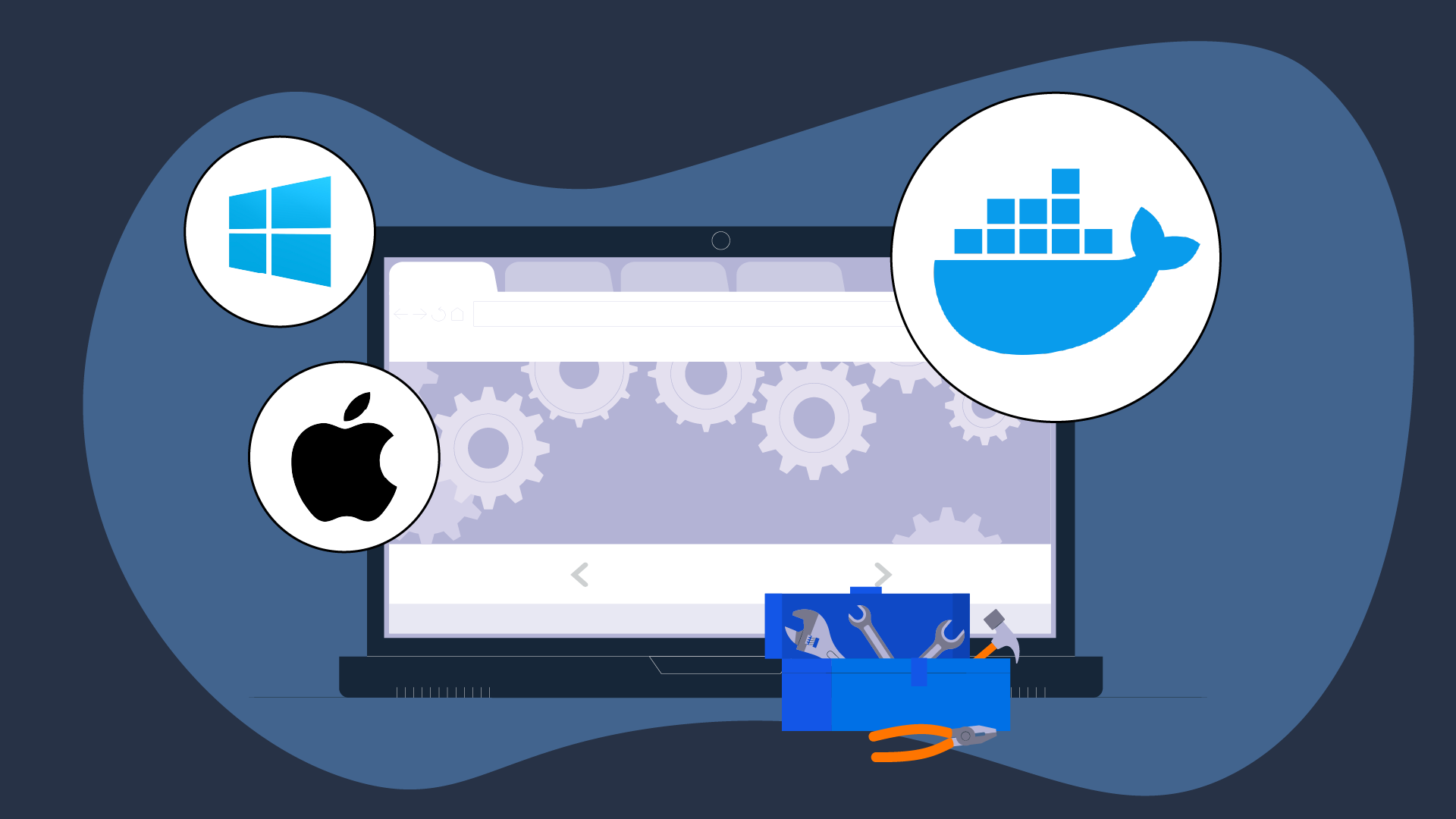Cursos relacionados
Ver Todos os CursosThe Role of Docker in Software Development
Programmers and DevOps

Docker has become an indispensable part of software development, offering a convenient way to package, deliver, and run applications in virtual containers. This technology plays a vital role for both programmers and DevOps engineers, but there are differences in how it's utilized.
Docker for Programmers
Simplified Development Environment Setup: Docker allows programmers to create isolated environments for their applications. This means they can develop their code safely, knowing it will work consistently regardless of the developer's machine configuration.
Portability: Docker containers can be deployed on any machine with Docker installed. This allows programmers to maintain consistency in their development and runtime environments from development stage to production.
Dependency Management: Docker makes it easy to manage dependencies of your application. You can include all necessary libraries and tools in the container, making it easier to deploy and run the application in any environment.
Run Code from Your Browser - No Installation Required

Docker for DevOps
Automated Deployment: DevOps engineers use Docker for automating the deployment of software applications. They can set up Docker containers as part of the CI/CD process to automatically deploy new versions of applications.
Scalability: Docker enables easy scaling of applications using containers. DevOps engineers can easily run applications in multiple containers across different servers or cloud services.
Infrastructure as Code (IaC) Management: Docker can be utilized in IaC tools like Docker Compose or Kubernetes to describe application infrastructure as code. This allows DevOps engineers to easily manage infrastructure and automate deployment and scaling processes.
Conclusion
While there is some overlap in the use of Docker for programmers and DevOps, the roles and approaches to utilization may differ depending on the context. However, regardless of this, Docker remains an invaluable tool for creating, deploying, and managing software.
Start Learning Coding today and boost your Career Potential

FAQs
Q: What is Docker and how is it used in software development?
A: Docker is a platform for packaging, delivering, and running programs in virtual containers. It allows programmers and DevOps engineers to create isolated environments for developing and deploying applications.
Q: What are the advantages of Docker for programmers?
A: Docker simplifies development environment setup, ensures portability of applications, and allows easy management of dependencies. This facilitates the development, testing, and deployment of programs.
Q: What are the advantages of Docker for DevOps engineers?
A: For DevOps engineers, Docker provides the ability to automate deployment and scaling of applications, simplifies infrastructure management as code, and enables easy implementation of CI/CD principles.
Q: What tools can be used to manage Docker containers?
A: Docker Compose, Kubernetes, Docker Swarm, and other tools can be used to manage Docker containers. They automate deployment, scaling, and management processes for containers.
Cursos relacionados
Ver Todos os CursosInstalling Linux on a Virtual Box
Creating a Virtual Machine
by Oleh Lohvyn
Backend Developer
Jun, 2024・2 min read

Guide to Installing Docker on Windows and Mac
A beginner-friendly guide to getting Docker up and running on your computer.
by Eugene Obiedkov
Full Stack Developer
Aug, 2025・5 min read

Conteúdo deste artigo